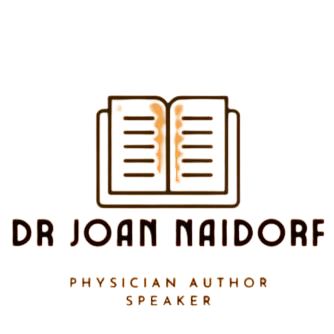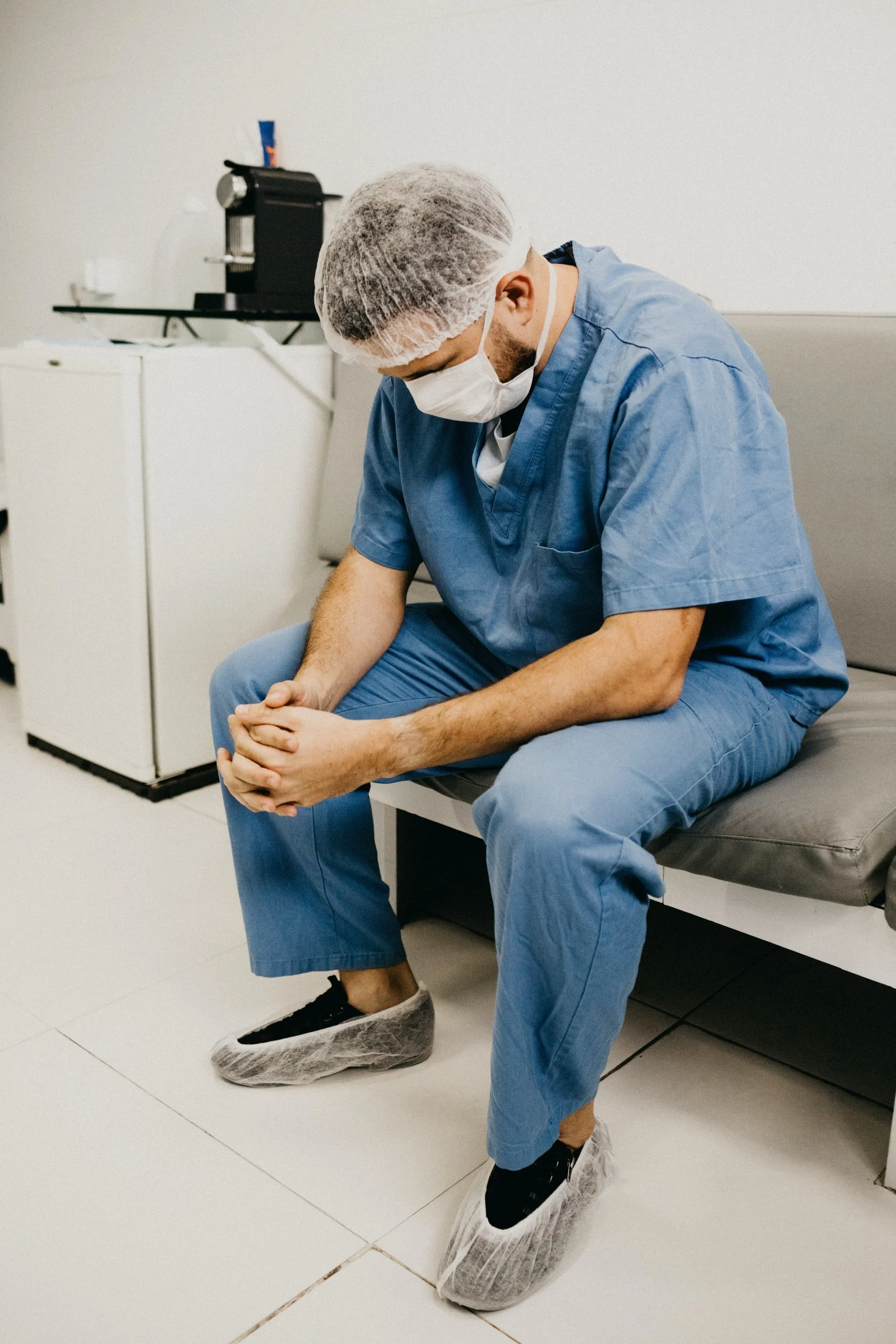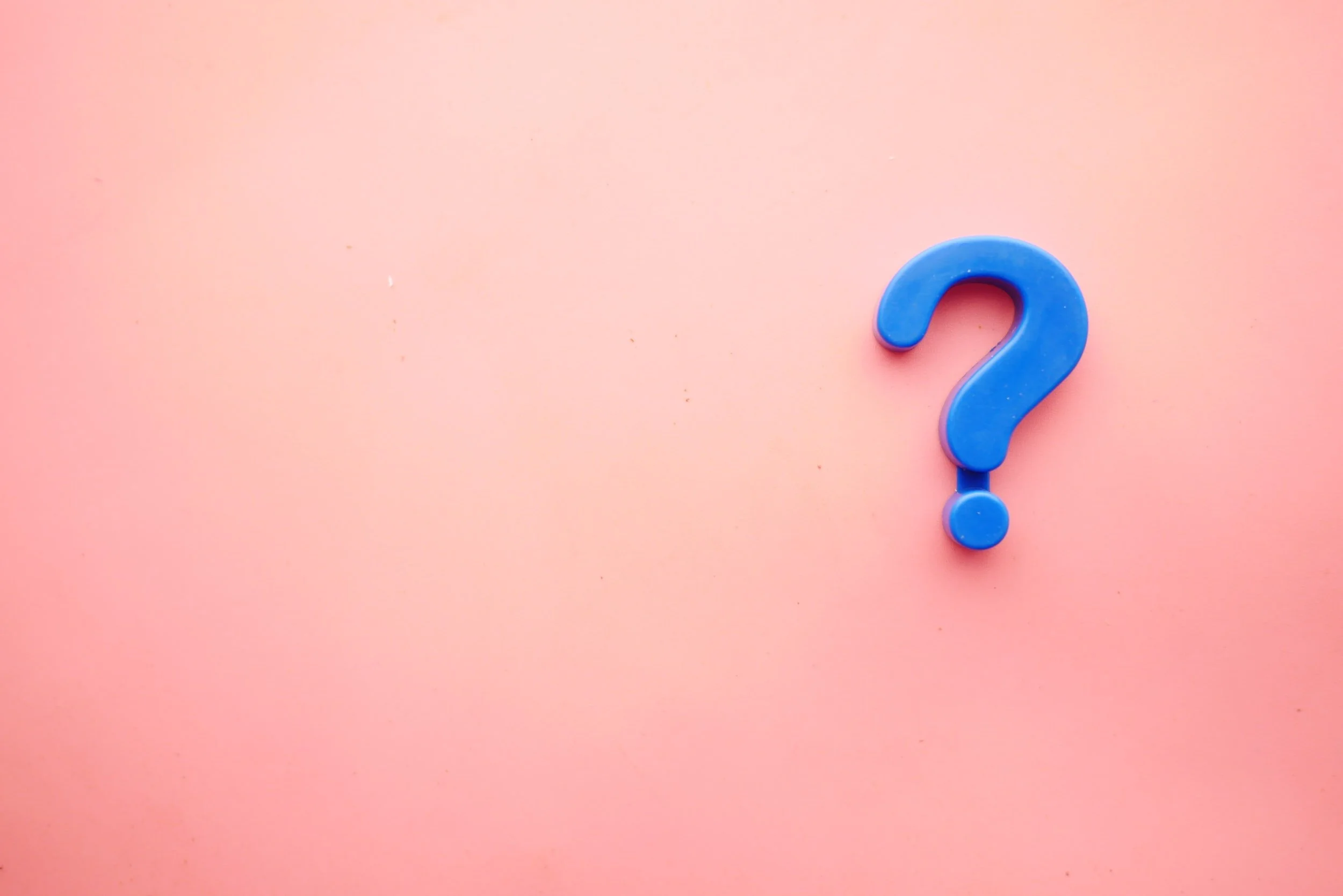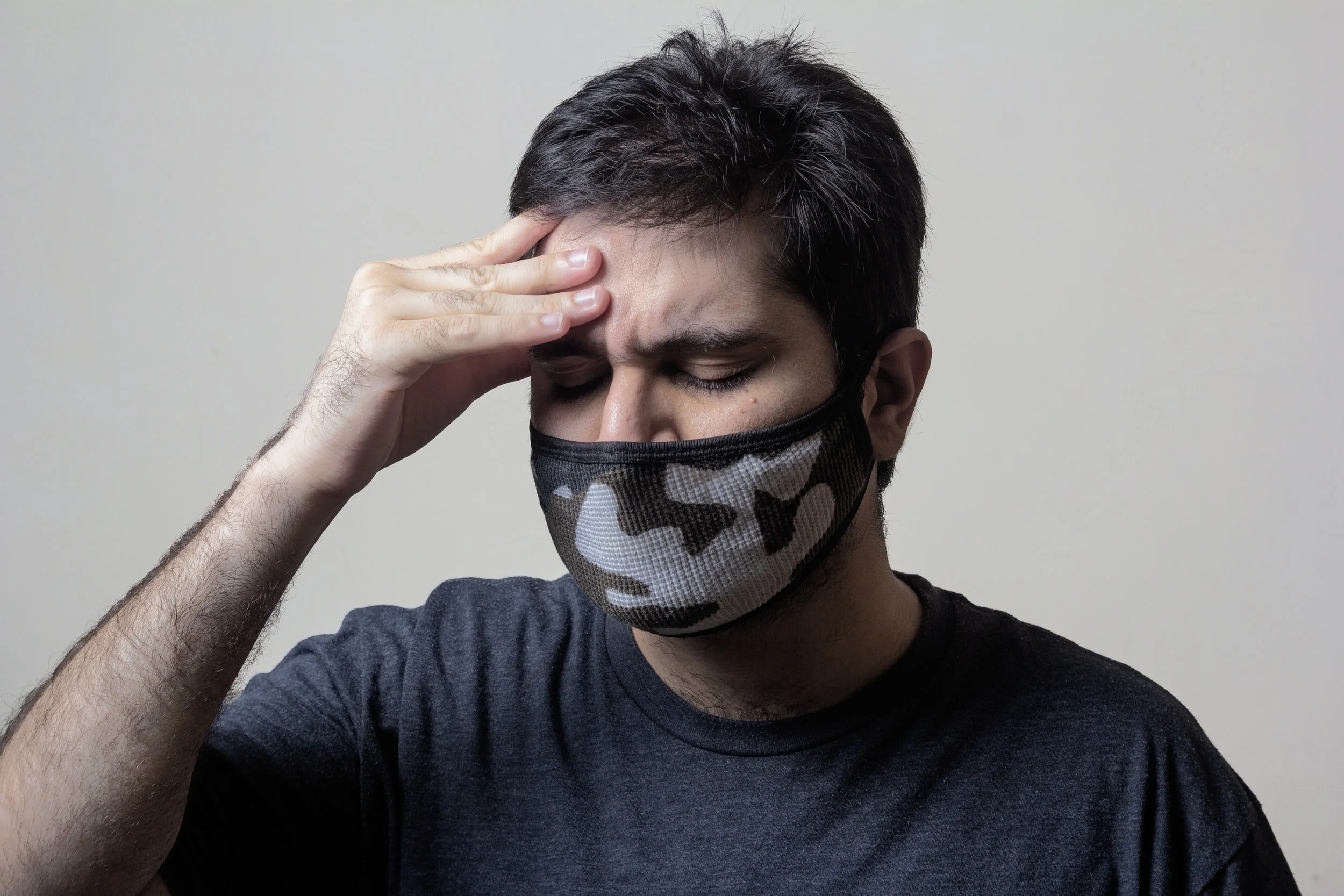#42 That July Feeling: Self-doubt
It’s July and that means that a new crop of newly minted nurse and physician chicks have been pushed out of the nest. I read the tortured tweets of the beautiful souls who feel dumb and inadequate. If I could, I would reach out and give all of the baby nurses and docs a virtual hug. The apprenticeship system set up in medicine and nursing is a rough one. We present ourselves to the unknowing patient as a professional but inside, we are filled with feelings of self-doubt and inadequacy.
Do we have to use real patients as our guinea pigs? Many medical schools have wonderful programs employing actors as patients and simulation labs. Can anything really prepare young clinicians for the real thing? How will a real patient react when you tighten the tourniquet or pierce the skin with a needle for the first time? How do you know exactly what you will need when you want to prevent that rogue drip of blood from staining the patient’s sheets.
You have to learn by doing it. Hopefully, you will be supervised by a kind and supportive mentor during your clinical rotations. Self-doubt is absolutely normal and I wrote about it extensively here:
www.drjoannaidorf.com/after-emergency-medicine-blog/30-you-are-not-an-imposter-you-are-a-human or here:
https://medium.com/@joannaidorf/f34502b9477 .
It doesn’t matter where you went to school or where you trained. An element of self-doubt is an important element of succeeding in the difficult interactions that we have with some of our patients or their family members.
It is useful to ask ourselves at some moment of conflict or frustration, “Could I be wrong about that?” What I mean is could there be another way of looking at this symptom or this sign in the patient’s presentation. Could there be an alternative to the plan I have laid out that might work just as well? Could a mini consultation with a reference work or a colleague help provide another viewpoint or solution?
When one understands the concept of confirmation bias, the notion of judging someone based on appearance, or a thirty second sign-out or a one line on a triage note becomes fraught with danger. Confirmation bias is a human reflex to interpret new information as being supportive of the opinions we already hold. We actually search for things in the world that support the beliefs that we already have.
You read on a triage note that a patient has headaches and prior history of migraines. You will go searching for evidence to confirm this and ignore the evidence or findings going against that diagnosis. Her current story is sudden onset of the worst headache ever. It feels different. We have a tendency to find what we are looking for. Our brains really like to be right, even if we are confirming the wrong diagnosis. We are treating migraine and missing subarachnoid hemorrhage.
So, we are re-dedicated to actually listening to our patients. We examine them. Physical exams matter. The healing power of touch is part of the nurse-patient and doctor-patient relationship. Our patients trust us and that is an awesome responsibility. If you are in your first few weeks and this feels overwhelming and a bit nauseating, it sounds like you are doing it exactly right.
For over thirty years, when I entered the room of a new patient, I introduced myself and took their hand. They thought I was just shaking their hand in greeting. I was doing that but what they didn’t know was I was surreptitiously checking their radial pulse with my index finger. I knew without a monitor or a rhythm strip just what their pulse was, its regularity and the feel of their skin. This very innocent gesture gave me so much information.
Nurses and physicians in training will quite naturally have moments of uncertainty and will undoubtedly make mistakes. All the checklists and double signatures built into the system have been inserted to try to reduce error. If one misses an IV or a lumbar puncture, there are lessons to be learned from the experience about patient positioning and operator positioning. Any fail should be viewed as a learning opportunity. This is so difficult when we may have hurt someone or caused them to need another stick. Th only way to get better at all the procedures is to do them, check them, and do them again.
Crucifying people or shaming them for not knowing something or forgetting a fact on rounds is absolutely wrong. The questioning and probing of the true Socratic approach should be gentle and nurturing. It is normal to think that you don’t know about the treatment for rhabdomyolysis, yet. You don’t know what that blip on the EKG means, yet. You are there to learn and to soak in all of the experiences.
A while back I had a discussion with my friend Kathy Kelly, who has practiced emergency medicine for about 35 years. She was telling me all about a patient she the previous night and after all was said and done, she had no idea what was going on with the fellow. This was after practicing for 35 years! So, my dear little chicks learning to fly, its ok to feel dumb. You are inching out of the nest. Its ok to feel inadequate. You are right where you are supposed to be. You are worthy and you are learning to be the best clinician you can be.





